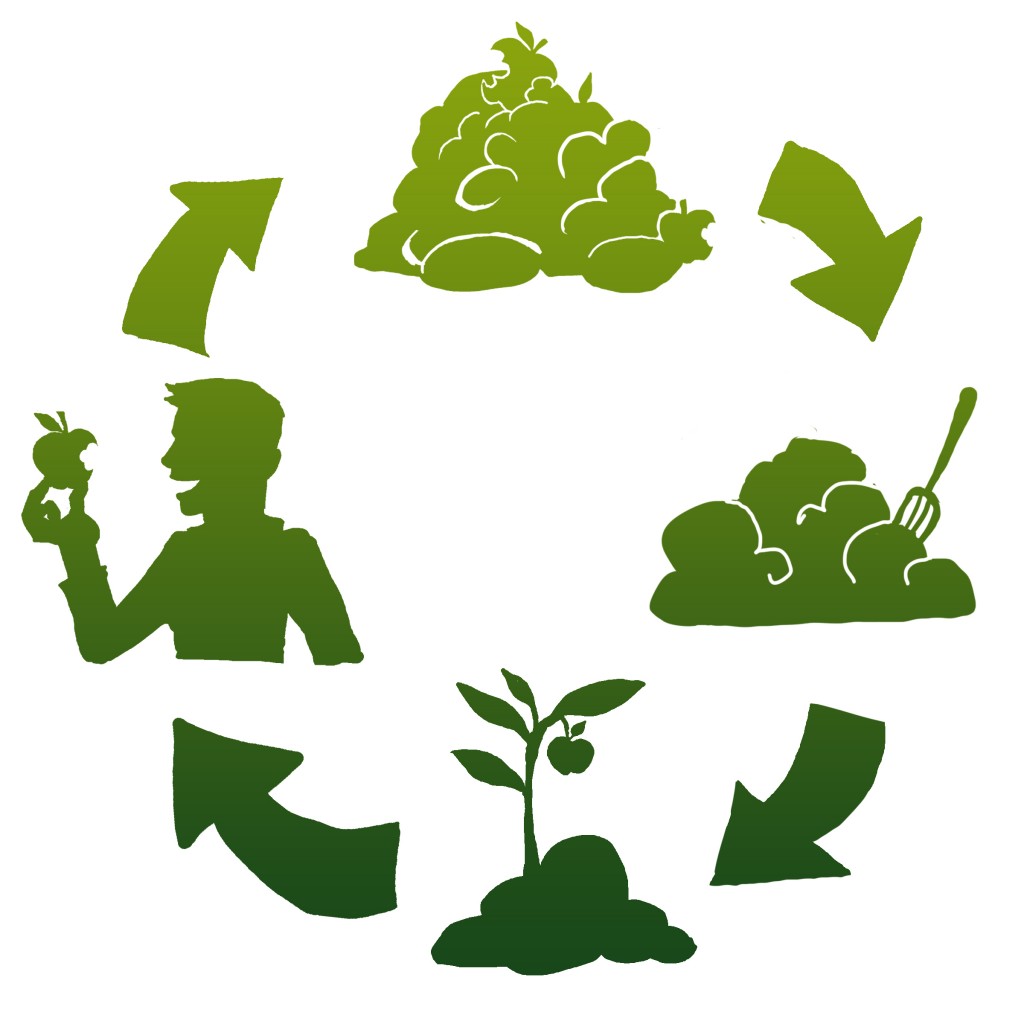Organic Waste Management
"A Waste Management Company"
Waste Management Services
From composting to anaerobic digestion, we offer comprehensive organic waste management services
Organic waste is a major contributor to landfills and greenhouse gas emissions. At Recyclofy India, we offer a range of organic waste management services that help our clients reduce waste, save money, and protect the environment.
Our organic waste management services include collection, transportation, and processing of organic waste materials. We work closely with our clients to develop customized solutions that meet their unique needs and reduce the amount of organic waste sent to landfills.
One of the ways we manage organic waste is through composting. Composting is a natural process of decomposing organic waste into nutrient-rich soil that can be used for landscaping, agriculture, and gardening. At Recyclofy India, we have state-of-the-art composting facilities that can handle large volumes of organic waste. We can help our clients set up their own composting systems or we can collect their organic waste and process it at our facilities.
Another way we manage organic waste is through anaerobic digestion. Anaerobic digestion is a process of breaking down organic waste in the absence of oxygen to produce biogas and nutrient-rich fertilizer. Biogas can be used to generate electricity, heat, or fuel for transportation. At Recyclofy India, we have expertise in designing, building, and operating anaerobic digestion systems for our clients.

Types of Organic Waste
Food waste: This includes any food scraps or leftovers that are generated in households, restaurants, or other food service establishments.
Yard waste: This includes organic materials such as grass clippings, leaves, branches, and other yard debris.
Agricultural waste: This includes organic waste generated by farms, such as crop residue, animal manure, and spoiled feed.
Wood waste: This includes organic materials such as sawdust, wood chips, and wood shavings.
Biodegradable plastics: While technically not organic, biodegradable plastics are often included in organic waste streams and require specialized handling and processing.
Organic paper waste: This includes paper products such as napkins, tissues, and paper towels that are made from organic materials and can be composted.
Organic textiles: Textiles made from natural materials such as cotton, linen, and wool can also be composted.
Rules and Regulations by Indian Government for The Management of Organic Waste
The Solid Waste Management Rules, 2016: These rules outline the legal framework for managing solid waste in India, including organic waste. The rules require that all municipalities and local bodies implement measures for segregation, storage, collection, transportation, processing, and disposal of solid waste.
The Swachh Bharat Mission: Launched by the Indian government in 2014, the Swachh Bharat Mission aims to improve the cleanliness and sanitation of public spaces in India. As part of the mission, there is a focus on reducing organic waste and promoting composting as a means of managing organic waste.
National Policy on Biofuels, 2018: This policy aims to promote the use of biofuels in India, including biogas produced from organic waste. The policy outlines measures to promote the use of biogas as a cooking fuel, as well as for power generation and transportation.
State-specific regulations: Some Indian states have their own regulations related to organic waste management. For example, the Maharashtra Plastic and Thermocol Products (Manufacture, Usage, Sale, Transport, Handling and Storage) Notification, 2018 bans the use of single-use plastic and thermocol products and promotes the use of compostable alternatives.
